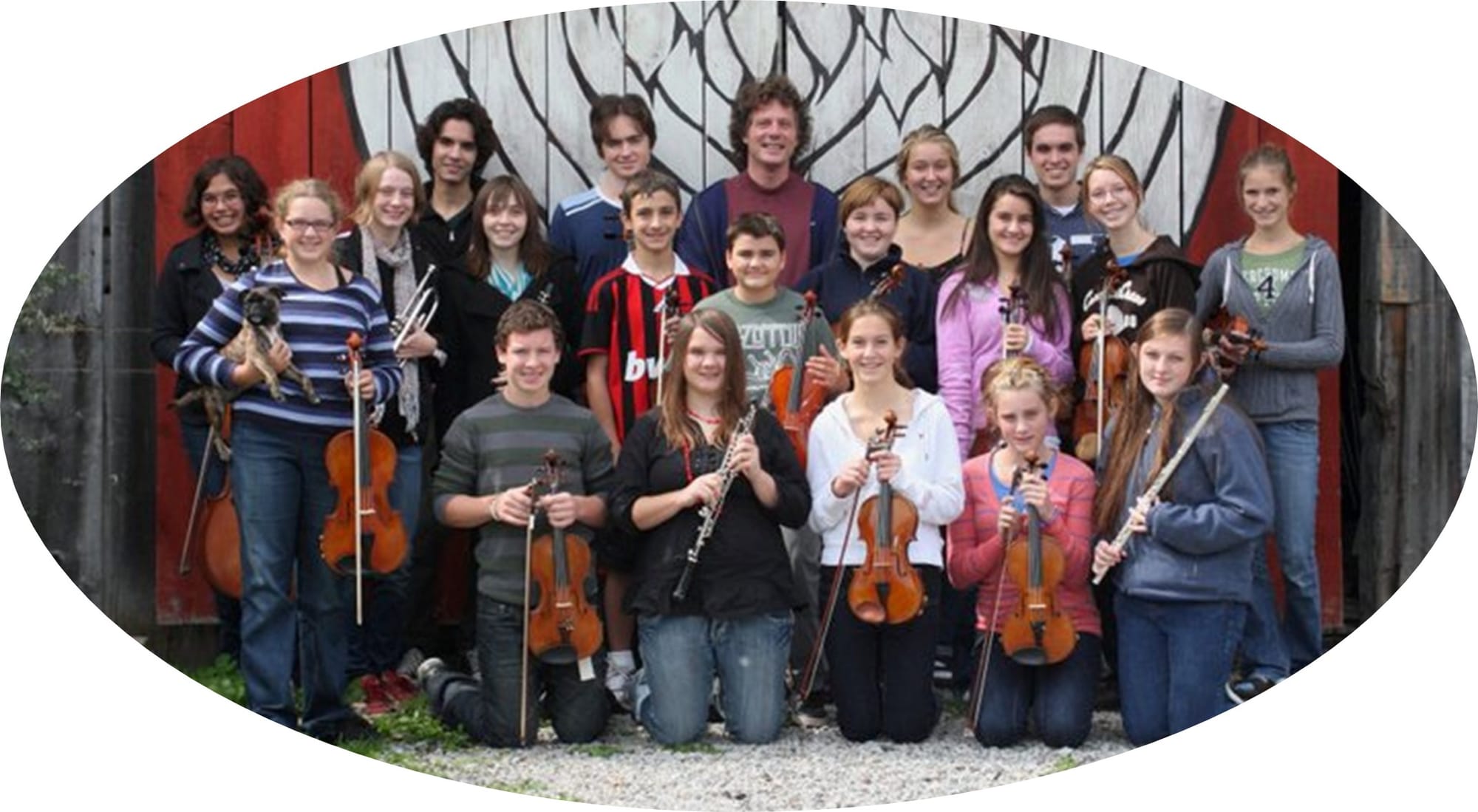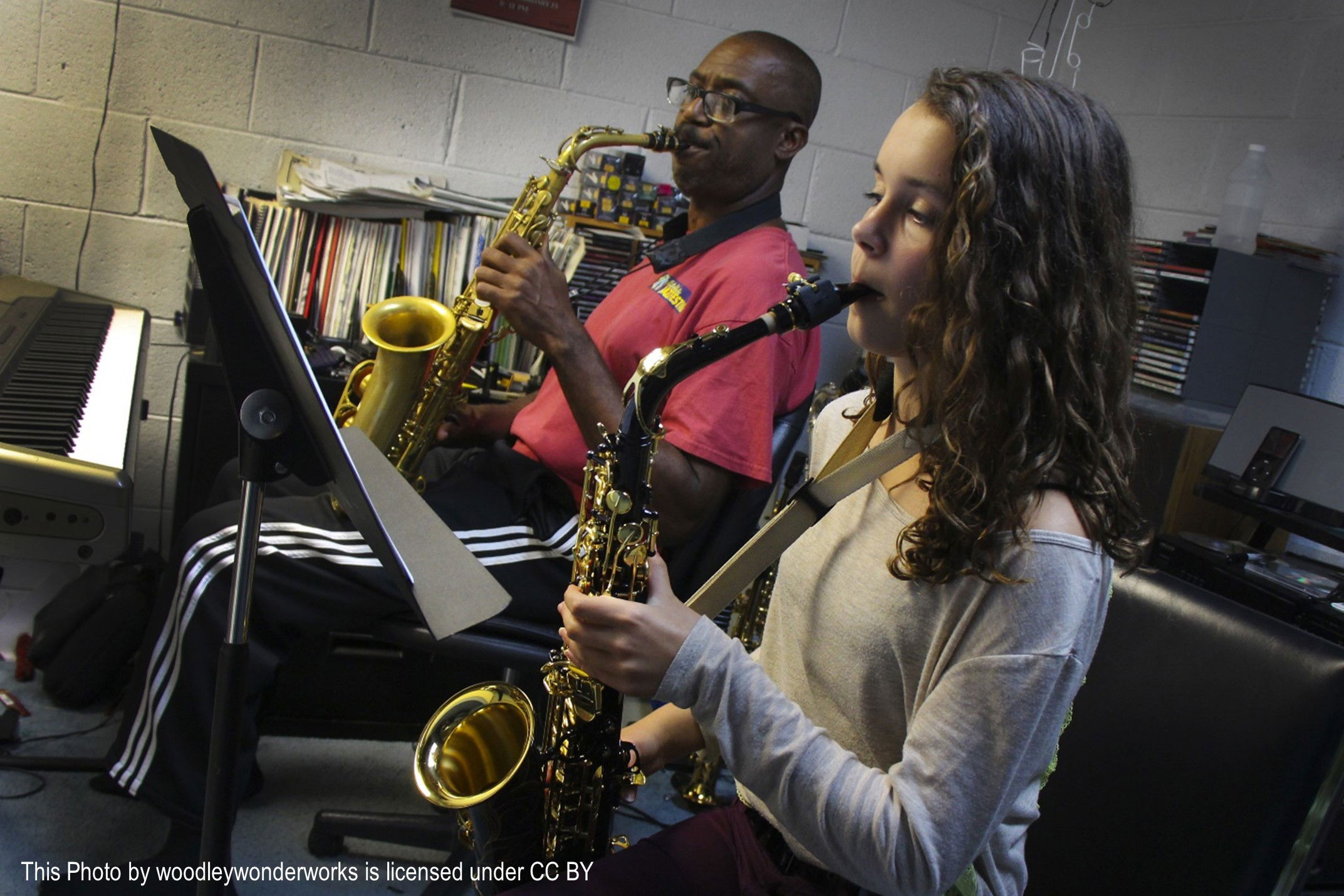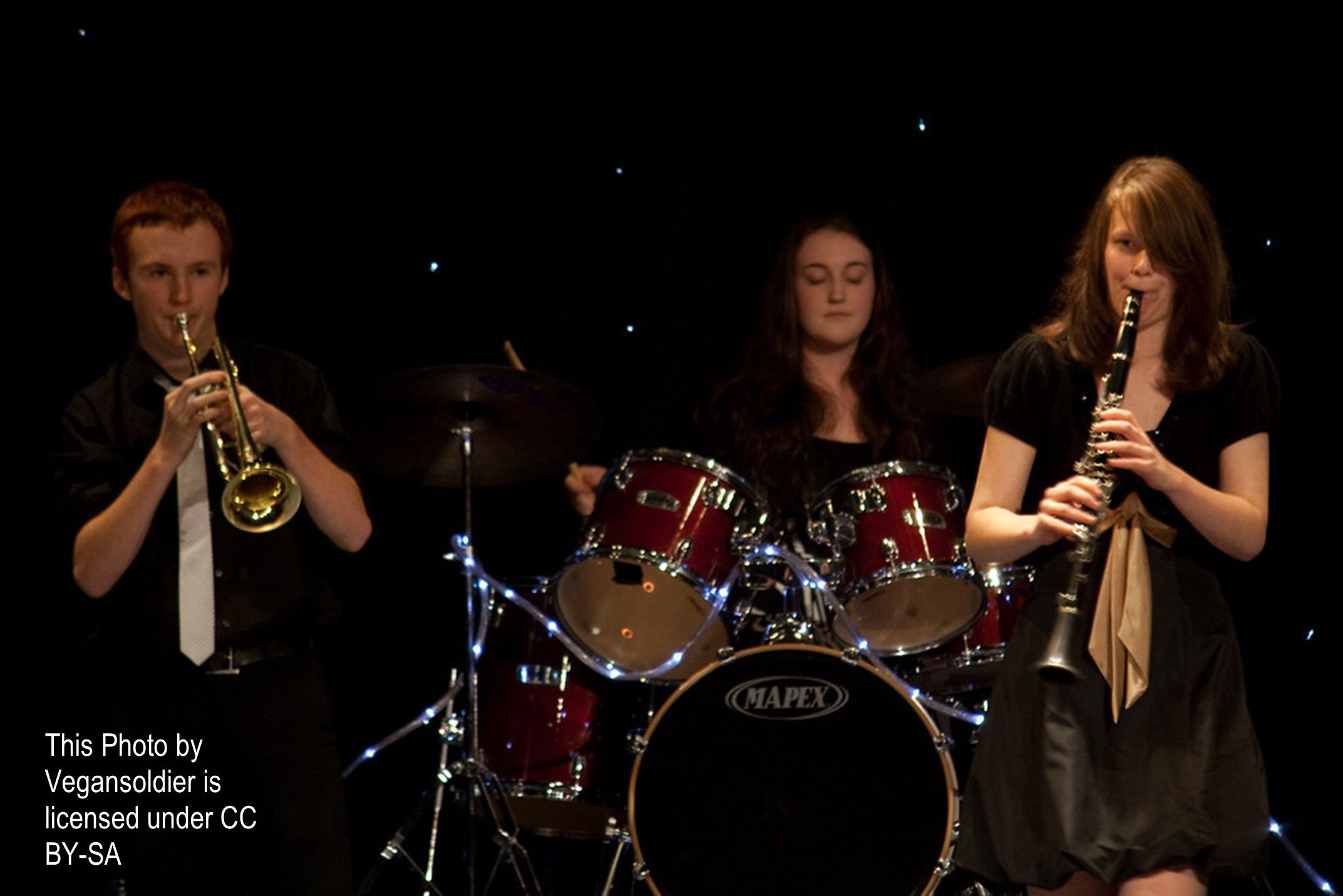Inspiring Music Students to Become True Musicians

Music education is a journey that goes beyond learning notes and scales —it's about cultivating a genuine love for music and nurturing the soul of a musician. Encouraging music students to become true musicians involves fostering a deep appreciation for the art form, developing essential skills, and instilling a sense of purpose. In this article, we will explore practical strategies to inspire and guide music students on their path to becoming authentic musicians.
Some students take music just because someone else does, there’s nothing else to take for that period, or maybe because they think it will be an easy class. Others are truly interested in becoming musicians of one degree or another.
Here are some practical steps to foster genuine musicianship in your students.
1. Cultivate Passion and Curiosity: Foster a love for music by exposing students to a variety of genres and styles. Encourage them to explore music beyond their comfort zones. Attend live performances, introduce them to historical compositions, and showcase the diverse world of music. Igniting curiosity lays the foundation for a lifelong musical journey.
For too many musicians and students of music, the musical world with which they have become comfortable has become the basis for all of their musical knowledge and experience. An exposure to different forms of music is virtually imperative if a music student is going to grow into a musician.
This exposure should be accompanied by a brief history of the music and how it influenced the music that the student likes. All classical music (i.e. serious music) has a direct influence on all popular music. The keys and chords we use today were “discovered” by Bach and Handel, developed by Brahms and Beethoven, stretched by Rachmaninoff and Tchaikovsky reworked by Schoenberg and his cronies. Even what we know as rap music has been performed in different ways, even in the Greek theater 2,500 years ago.
2. Emphasize Expression and Emotion: Teach students that music is a powerful form of expression. Help them connect emotionally to the pieces they play.
Encourage interpretation and personalization, allowing them to infuse their unique emotions into the music. This connection enhances their ability to communicate through their instrument.
It's been said that music is an international language. It can also be a language without words. Even the melody and harmony of a well written choral piece, if sung without the words, can have a deep emotional effect on the singer as well as the listener.

3. Develop Well-Rounded Musicianship: There is a big difference between someone who simply plays an instrument and a musician. There have been countless people who play an instrument extremely well, but still can’t read music or know what it is that they’re really playing.
True musicianship goes beyond mastering a single instrument. Encourage students to broaden their musical horizons by learning about music theory, history, and composition. Provide opportunities for collaboration with other musicians, fostering a holistic understanding of the musical landscape.
Many instrumentalists can play well by themselves, but have a hard time playing with even one other player because they never learned what other musicians do to play their instruments. Far too many singers have no idea what makes a good harmony part because they failed to study anything except their own singing.
It's a very interesting sound to hear some normally unrelated instruments play together, such as guitar, bagpipes and oboe. Such ensembles could be created temporarily to demonstrate that ensembles that are far too often considered the acceptable norm actually can be rather boring (e.g., guitar, keys, bass and drums).
There are a number of ways to help music students understand and appreciate and wider scope of what music really is. Here are a few:
* Have students play or sing a different part. This might first be done by having C instruments swap parts, Bb instruments swap parts, etc. In a choral group, altos and sopranos can swap parts, etc.
* There may be more than one arrangement of a piece available to introduce students to the variety of ways that a piece can be played. I found quite a few variations of the Minuet in G by Bach/Petzold on harpsichord, piano, violins and even electric guitar. Some of the electric guitar renditions were good transcriptions of the original; others were based on the original but took liberties with the melody and meter. Here is such an arrangement by Salt Cellar Creations for Concert Band called Minuet in Four.
* It would also help if students were exposed to music from other times and cultures, such as Romanian folk music, Sitar music, Gregorian chant or African tribal music.

4. Set Meaningful Goals: Work with students to establish both short-term and long-term goals. These goals should not only focus on technical proficiency but also encompass artistic and personal growth. Celebrate achievements along the way, reinforcing the idea that becoming a musician is a continuous, rewarding process.
There are a number of ways that students could present their newly achieved successes. Here are a few ideas:
* Currently, there is an activity missing from most schools – the Talent Show. If your ensemble were to sponsor a talent show, not only could your students have a platform to shine, but others could add to the variety of the show.
* Nursing homes, veterans hospitals, etc. They would be appropriate locations for most music, and the visit would benefit both the residents and the players/singers.
* Public openings or affairs. Offer to have students play for store openings, public works openings (such as parks), new construction kick-offs. These may require a small ensemble (brass, vocal or string quartet) in which all the musicians have been working on the same skill set advancements.
This will foster a sense of giving back to the community through music. Connecting their musical abilities to service reinforces the idea that music is a gift meant to be shared with others.
5. Encourage Self-Reflection: Teach students the importance of self-reflection in their musical journey. Encourage them to assess their performances critically, identifying areas for improvement. This self-awareness contributes to their growth as musicians and instills a sense of responsibility for their own progress.
Sometimes, this requires outside help. Even the best adult musicians can have trouble accurately assessing their strengths and weaknesses.
6. Provide Positive Role Models: Introduce students to successful musicians who exemplify both musical excellence and character. Share stories of artists who have overcome challenges and inspire through their dedication to the craft. Positive role models help shape students' aspirations and attitudes towards their own musical journey.
7. Create a Supportive Environment: Establish a classroom or studio environment that is supportive and nurturing. Fostering a sense of community among students promotes collaboration and mutual encouragement. This support system plays a crucial role in helping aspiring musicians stay motivated and engaged.
When I taught individual or small class music, I created parts for each class so that when it came time for a recital, each student or class contributed to a whole song. A guitar class, a bass student, a drum student and a voice student would all learn the same song and perform it as a group. HERE is a sample video I made when the classroom was operating.
Conclusion: Encouraging music students to become real musicians involves more than technical instruction—it requires a holistic approach that nurtures passion, fosters expression, and instills a sense of purpose. By embracing these strategies, educators can guide their students on a transformative musical journey that goes beyond the notes on the page, creating musicians who are not only skilled but deeply connected to the art and soul of music.
Salt Cellar Creations understands the beauty and power that good music can convey and has a growing library of original works and arrangements. Explore the collections of great music that Salt Cellar Creations has to offer HERE. SCC can also compose an original piece for you or do a custom arrangement for you. There are two ways that this can be done; one is much more affordable than the other. And SCC is always looking for ideas of pieces to arrange or suggestions for original pieces.
We have sold music not only in the US but in Canada, the United Kingdom, France, Australia, New Zealand and Austria. Please visit the WEBSITE or CONTACT US to let us know what we can do for you!